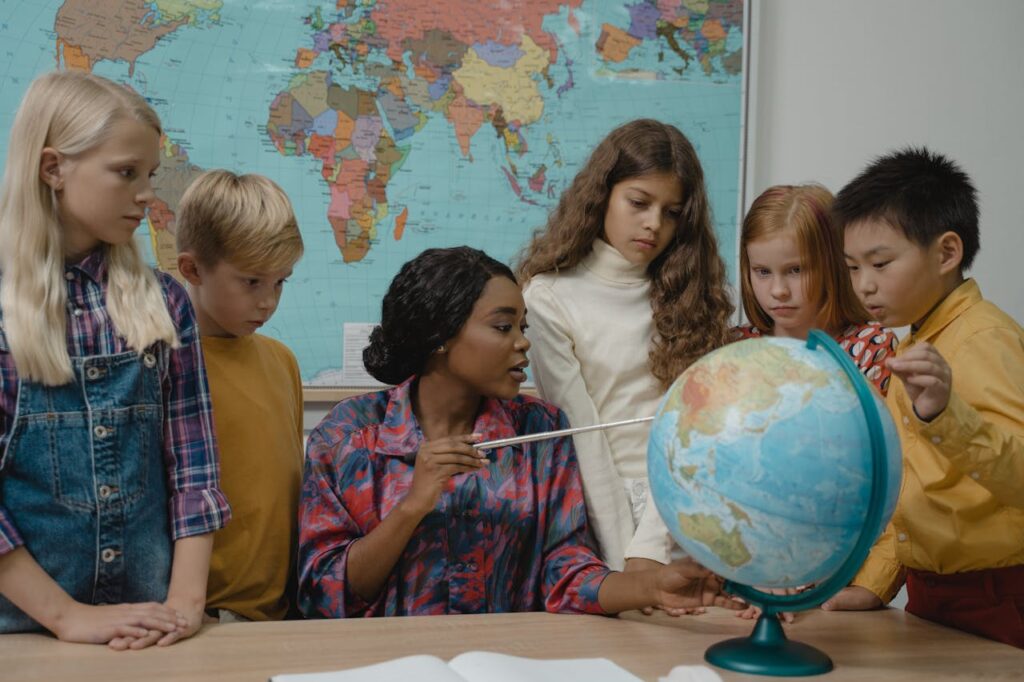Cultural Awareness. Understanding and respecting cultural differences is becoming increasingly important in today’s interconnected world. Whether in the workplace, social settings, or while traveling, cultural awareness allows individuals to build meaningful connections and reduce misunderstandings. This article explores the importance of cultural awareness, how to cultivate it, and its impact on both personal and professional life.
What is Cultural Awareness?
Cultural awareness is the ability to recognize, understand, and respect the differences in beliefs, values, customs, and practices of people from various cultures. It’s about seeing the world through others’ perspectives and being sensitive to their cultural contexts.
Why is Cultural Awareness Important?
- Promotes Inclusivity: By being culturally aware, we create environments where everyone feels valued and respected, regardless of their background.
- Improves Communication: Misunderstandings often stem from cultural differences. Awareness helps bridge communication gaps by considering diverse viewpoints.
- Enhances Global Collaboration: In today’s globalized world, businesses and teams often span multiple countries. Understanding cultural nuances can foster better collaboration.
- Reduces Stereotyping: Cultural awareness breaks down stereotypes and prejudices, encouraging individuals to see people as unique rather than as representatives of a group.
Steps to Cultivate Cultural Awareness
1. Educate Yourself
- Learn about different cultures through books, documentaries, and online resources. For instance, UNESCO offers a wealth of material on global cultures.
- Take courses on cultural diversity to deepen your understanding.
2. Engage with Diverse Communities
- Attend cultural festivals and events to experience traditions firsthand.
- Build relationships with people from various backgrounds. These interactions provide real-world insights that go beyond textbooks.
3. Practice Active Listening
- Listen to others without judgment. Pay attention to their words, tone, and body language.
- Ask open-ended questions to learn about their experiences and perspectives.
4. Avoid Assumptions
- Don’t assume that everyone shares the same values or beliefs as you.
- Approach situations with curiosity and an open mind.
5. Reflect on Your Own Culture
- Understanding your cultural identity helps you recognize biases and assumptions.
- Reflect on how your culture shapes your worldview and interactions.
Cultural Awareness in the Workplace

Building a Multicultural Team
- Encourage diversity in hiring to bring a range of perspectives.
- Provide training sessions on cultural sensitivity for employees.
Adapting Communication Styles
- Use clear and neutral language to minimize misinterpretation.
- Be aware of non-verbal cues that may differ across cultures.
Celebrating Diversity
- Host events to celebrate cultural milestones and holidays.
- Recognize and respect different work practices and religious observances.
The Role of Cultural Awareness in Education
Inclusive Curriculum
- Incorporate diverse voices and perspectives in the curriculum to promote understanding among students.
Encouraging Student Exchange Programs
- Such programs expose students to different cultures, broadening their horizons.
Training Educators
- Equip teachers with the tools to address cultural diversity in classrooms effectively.
Challenges in Achieving Cultural Awareness
Overcoming Bias
- Everyone has unconscious biases. The key is to acknowledge them and work towards minimizing their impact.
Language Barriers
- Learning key phrases in another language can go a long way in breaking barriers.
Resistance to Change
- Some individuals may resist embracing cultural differences due to fear or lack of exposure. Patience and education can help address this resistance.
Benefits of Being Culturally Aware
- Personal Growth: Broadens your perspective and enhances empathy.
- Professional Success: Improves teamwork and global business acumen.
- Stronger Relationships: Fosters trust and understanding in personal and professional interactions.
Resources to Enhance Cultural Awareness
- Books: “The Culture Map” by Erin Meyer and “Cultural Intelligence” by David C. Thomas.
- Websites: Visit UNESCO and Cultural Atlas for detailed cultural information.
- Apps: Use language-learning apps like Duolingo to familiarize yourself with other languages and cultures.
Final Thoughts
Cultural awareness is not just a skill but a necessity in today’s diverse world. By embracing and respecting differences, we can create a more inclusive, empathetic, and harmonious society. Start your journey today by educating yourself, engaging with others, and fostering a mindset of curiosity and openness.


